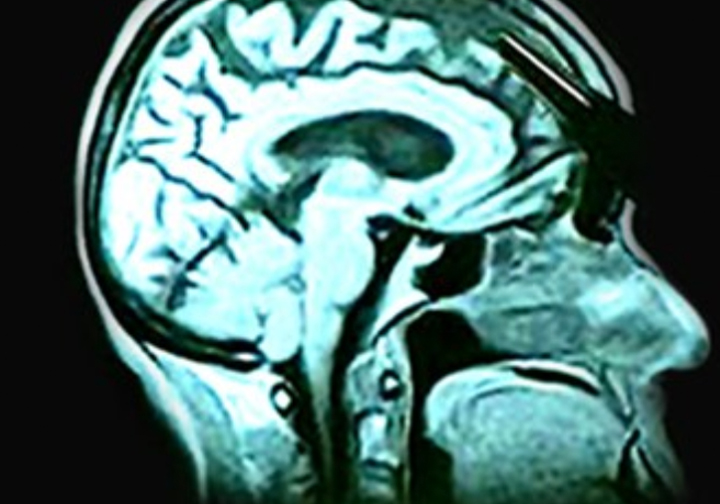Alzheimer’s disease, a progressive illness that causes problems with memory, thinking, and behavior is America’s sixth-leading cause of death. The Alzheimer’s Association says the number of Georgia cases is expected to rise from 150,000 to 190,000 by 2025.
The Numbers
This increase is due to the number of Americans over age 65 expected to grow by 33 million in the next 30 years. In the U.S., 5.6 million of the 5.8 million Americans with Alzheimer’s are over 65. The Baby Boom generation is now reaching these ages where the disease is most prevalent. In addition, the number of Americans reaching older ages is expected to increase due today’s medical advances.
Women are more likely to get the disease than men, as two-thirds of the Alzheimer’s population is women. Studies show this is because women tend to live longer than men. On average in America, according to the Centers for Disease Control, men live to 76 years old while women live to 81.

Per 100,000 people, there were 4,298 Alzheimer’s deaths in 2017 in Georgia. This total is the 5th highest in the United States behind California, Florida, Michigan, and Texas. According to the National Center for Health Statistics, the Alzheimer’s death rate increased from 17.6 percent in 2000 to 37.3 percent in 2017.
The Brain
Alzheimer’s is a disease that affects the brain, according to the Alzheimer’s Association. The illness is a result of cell death caused by Beta-Amyloid plaques that interfere with the communication of the Brain’s neurons (brain cells). This causes the brain’s tissue to shrink.
Dying brain cells around important regions of the brain is a huge cause for Alzheimer’s symptoms. In fact, the hippocampus, which is important for memory building, is highly affected in people with Alzheimer’s disease.

The Effects
The disease does have misconceptions. It usually isn’t until someone is faced with the disease or knows someone with the disease that the illness is understood.
Madison Schumm, a University of Georgia student who’s great-great-grandmother and great-grandmother had Alzheimer’s can attest to the illness’s severity.
“I feel a lot of people don’t understand how many people it effects and what it actually effects,” Schumm said. “My Great Grandmother would lay on the couch and couldn’t talk anymore. It was hard to see because she was trying to talk to us but really couldn’t.”
Trouble communicating is a common effect of Alzheimer’s. In addition to this, people suffering with Alzheimer’s also have trouble remembering things and completing daily tasks, processing thoughts, communicating with others, and avoiding frequent changes in mood and personality.
Finding the Solution
Unfortunately, the disease has no cure. Current medications only temporarily relieve the illness’s symptoms. Schumm and countless others plan to become caregivers for family members and older adults with the disease. In fact, almost half of the United States’ caregivers are providing for an older adult with the Alzheimer’s. In addition, The National Institutes of Health plans to spend $2.3 billion on Alzheimer’s research this year.
Isaiah Joseph is a senior majoring in journalism in the Grady College of Journalism and Mass Communication with a minor in design & media. Joseph is also pursuing the New Media Certificate.







Show Comments (0)